
Research - AI-Powered Research Tool
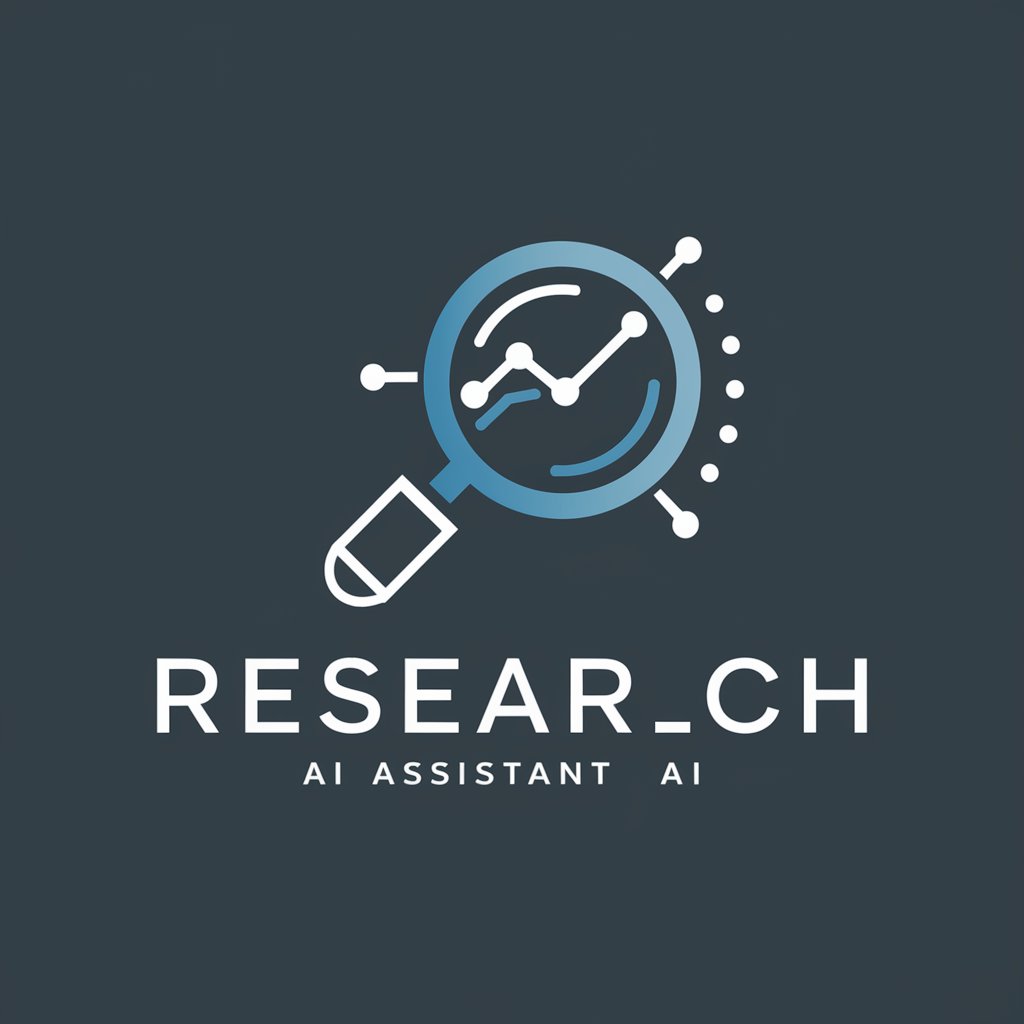
Hello! How can I assist with your research today?
Empowering Insightful Discoveries with AI
Explain the key differences between qualitative and quantitative research methods.
What are the most effective strategies for gathering primary data in market research?
Analyze the impact of big data on modern scientific research.
Discuss the ethical considerations in conducting research with human subjects.
Get Embed Code
Introduction to Research
Research is a specialized GPT designed to facilitate the systematic process of gathering, analyzing, and interpreting data to help users gain insights, solve problems, or advance knowledge across various fields. Unlike general-purpose chatbots, Research is tailored to provide in-depth, accurate information, and guidance on research methodologies, data analysis, and resource identification. It is built to assist users in navigating complex information landscapes by offering structured and comprehensive responses. For example, if a user is investigating environmental impacts of urban development, Research can guide them through the process of identifying relevant datasets, analyzing trends, and interpreting results to support their thesis or project. Powered by ChatGPT-4o。

Main Functions of Research
Data Gathering Assistance
Example
Guiding users in locating and accessing public databases for epidemiological studies.
Scenario
A public health researcher is looking to analyze the correlation between air pollution levels and respiratory diseases in urban areas. Research would provide guidance on the most reliable public health databases, how to access them, and tips for filtering and extracting relevant data.
Analytical Guidance
Example
Offering step-by-step advice on statistical methods for analyzing survey results.
Scenario
A graduate student is conducting a survey on consumer behavior towards sustainable products. Research would help them select appropriate statistical tools to analyze survey data, interpret the results, and suggest how to present the findings in their dissertation.
Resource Identification
Example
Recommending specialized journals and publications for literature reviews.
Scenario
An academic is preparing a literature review on the advancements in renewable energy technologies. Research would suggest key journals, databases, and other resources where the most relevant and recent studies can be found, as well as tips for efficiently searching and organizing the literature.
Ideal Users of Research Services
Academic Researchers
Individuals engaged in scholarly research who require assistance in identifying relevant literature, data sources, and analytical methodologies. They benefit from Research's ability to provide detailed, subject-specific guidance, enhancing the quality and efficiency of their research process.
Students
Undergraduate and graduate students working on theses, dissertations, or projects who need help with research design, data analysis, and literature reviews. Research can simplify complex topics, recommend resources, and guide them through their academic inquiries.
Industry Professionals
Professionals conducting research within their fields, such as market research, product development, or policy analysis, who require assistance in gathering and analyzing data to inform decisions or innovations. Research offers insights into effective research strategies and analytical techniques tailored to specific industry needs.

How to Use Research
Start Your Journey
Initiate your exploration by accessing yeschat.ai, offering a free trial without the necessity for login or subscribing to ChatGPT Plus.
Define Your Query
Clearly articulate your research question or topic of interest. This clarity helps in generating precise and relevant responses.
Select the Right Tools
Utilize the available tools within Research for data gathering, analysis, and interpretation, tailored to your specific query.
Engage with Insights
Interact with the provided information by asking follow-up questions or requesting clarifications to deepen your understanding.
Apply and Share Knowledge
Use the insights gained for your academic, professional, or personal growth, and consider sharing your findings with your community or network.
Try other advanced and practical GPTs
Maritime Maven
Unravel maritime history with AI

Robert Green GPT
Strategize your life with AI-powered Greene's wisdom.
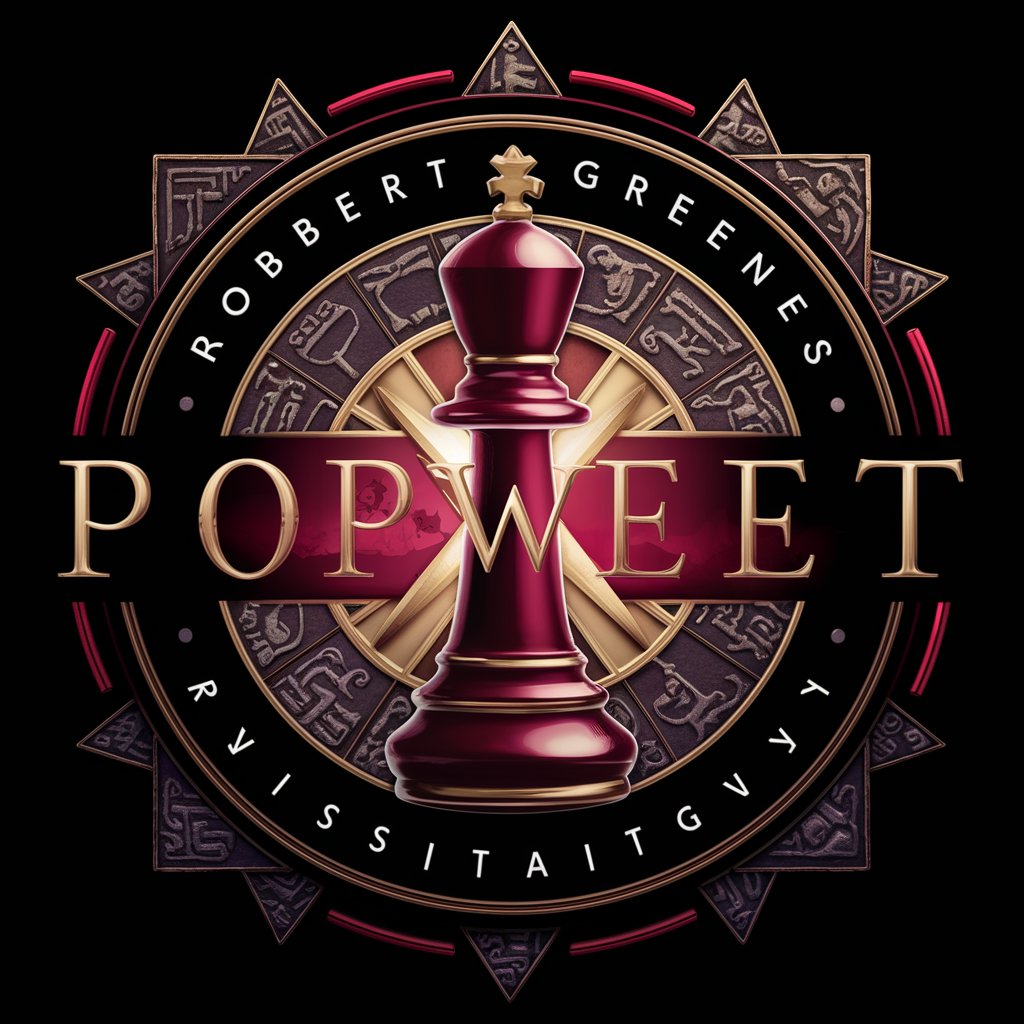
True Crime Fan
Unlocking the Mysteries of Crime with AI

MyMycelium
Empowering Safe Psychedelic Exploration with AI

AgriAdvisor
Empowering Farmers with AI Insights
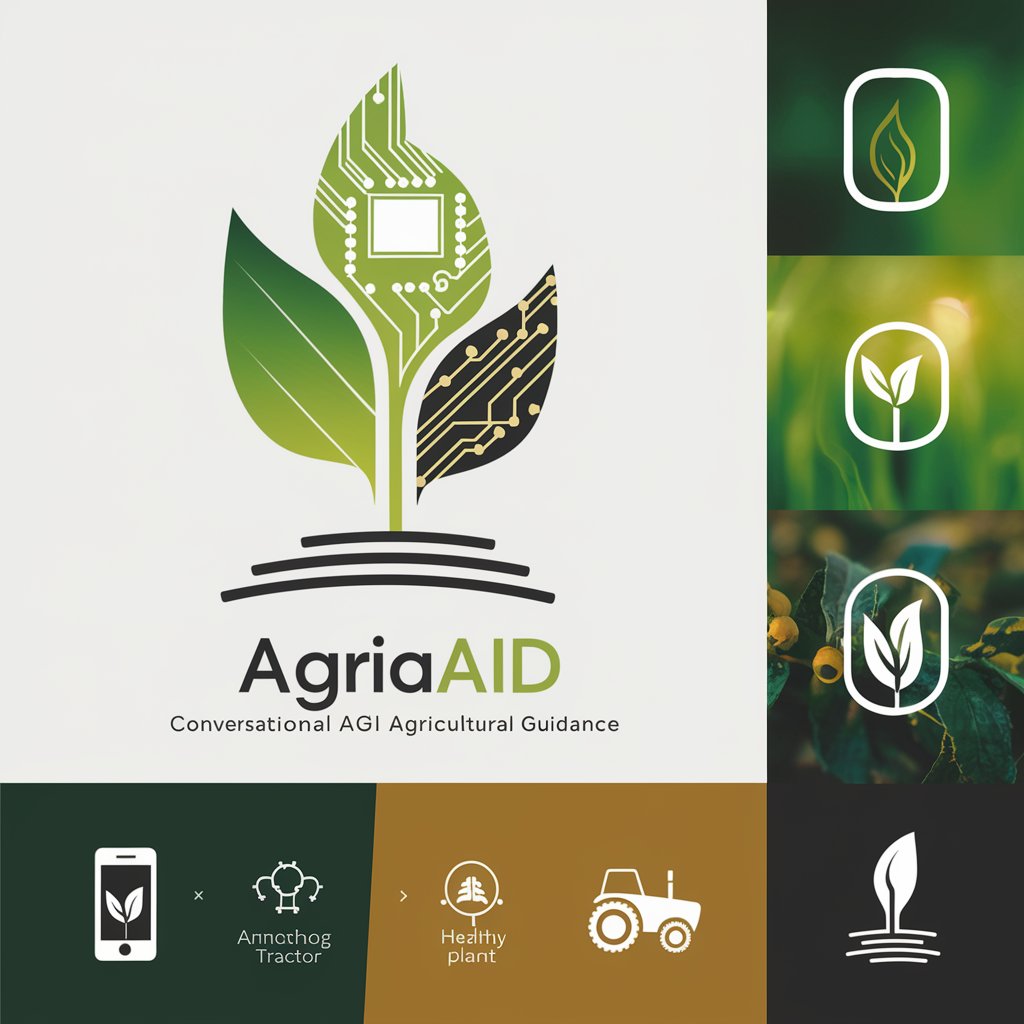
Agronomy
Empowering Agriculture with AI

Jazz Maestro
Explore Jazz, Discover Music

DIY Planner
Empowering Your Creativity with AI

Dollhouse Dreamer
Ignite Your Imagination with AI-Powered Dollhouse Design

Obsidian helper and assistant
Elevate Your Notes with AI Power

Interview Prep Pro
Ace your interviews with AI-powered prep
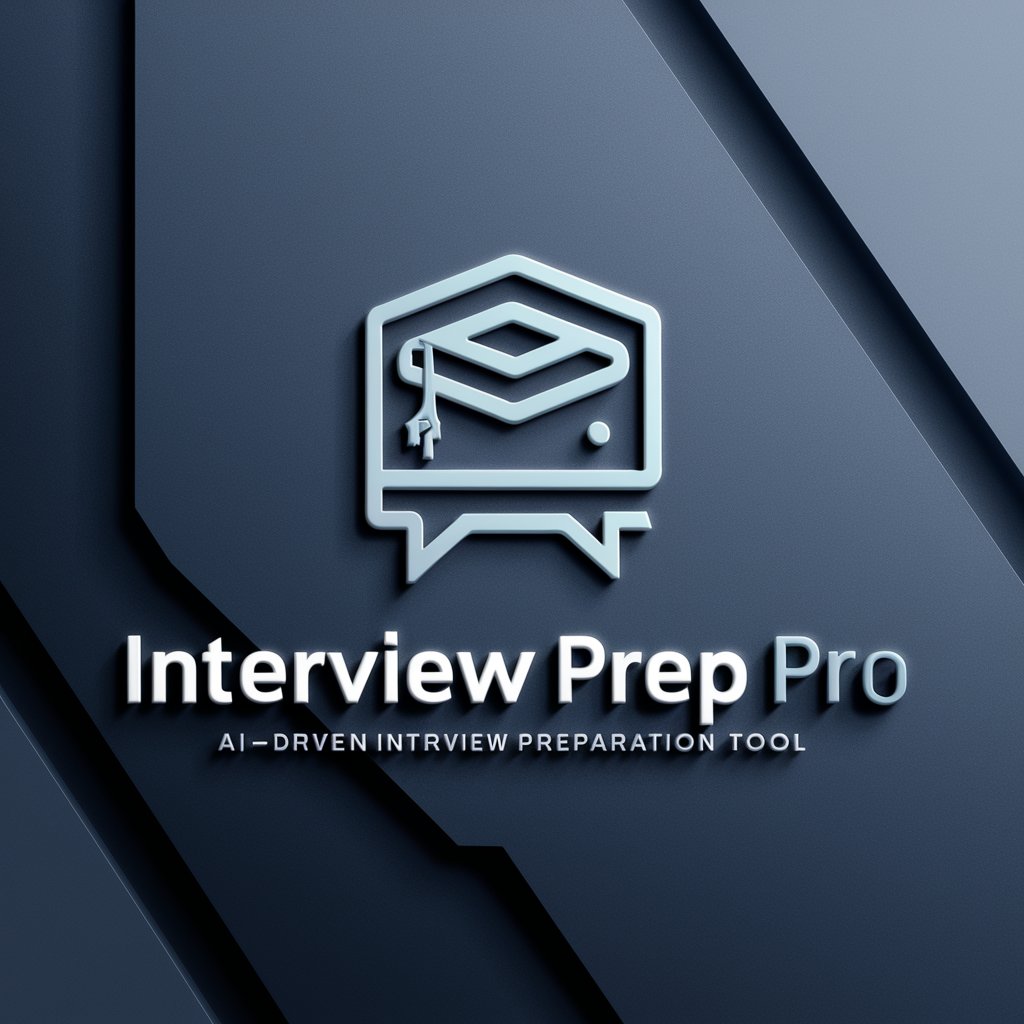
Note Ninja
Transcribe, Understand, Enhance - With AI
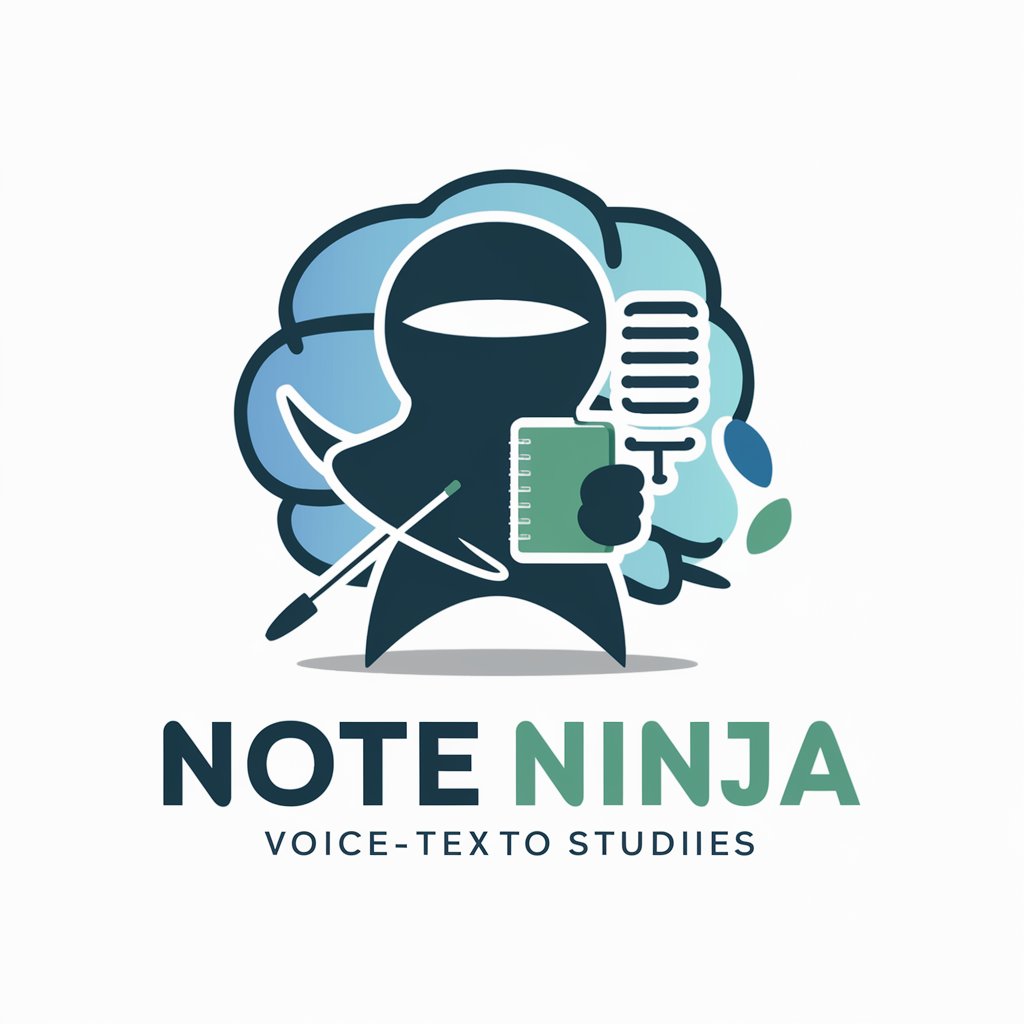
Frequently Asked Questions about Research
What is Research designed for?
Research is crafted to assist users in gathering, analyzing, and interpreting data across various fields, aiming to provide comprehensive insights, solve problems, or advance knowledge.
Can Research help with academic writing?
Absolutely. Research offers tools and resources to support academic writing, including data collection, citation finding, and structuring arguments.
Is Research suitable for beginners?
Yes, Research is designed to cater to users of all levels. It provides simplified explanations for complex topics, making it accessible to beginners.
Can Research assist in professional market analysis?
Certainly. Research is equipped with functionalities that can aid in market analysis, offering insights into industry trends, consumer behavior, and competitive landscapes.
How does Research ensure the reliability of its sources?
Research prioritizes information from reputable sources and employs systematic processes to verify and validate data, ensuring users receive accurate and trustworthy insights.